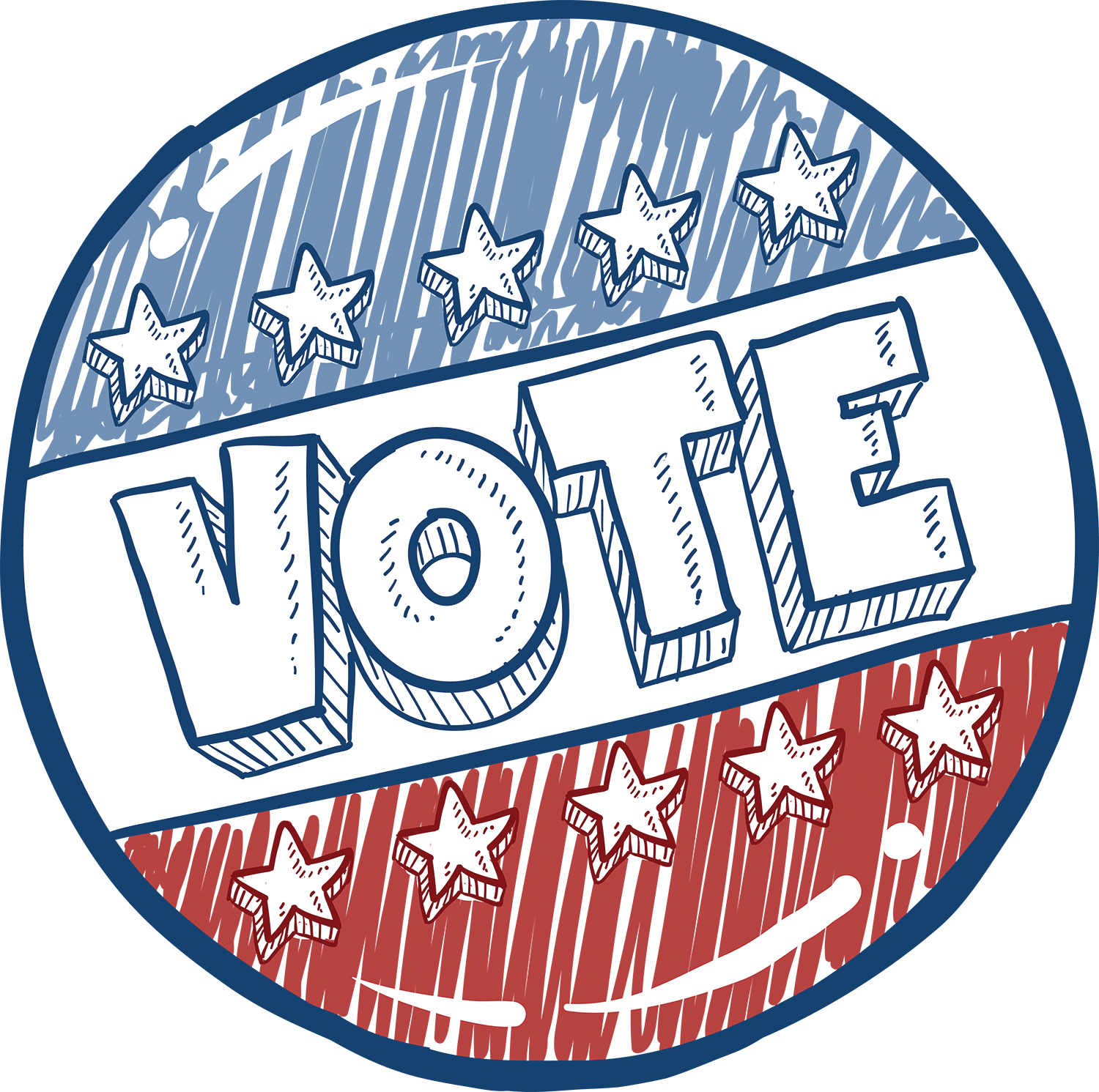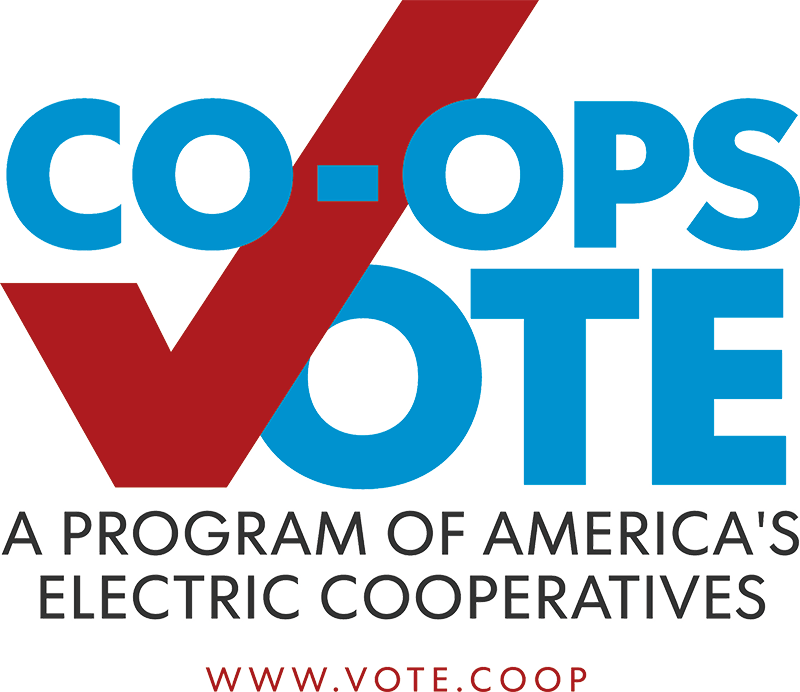Future of rural America rests with voters
While the November presidential race is at the top of most voters’ minds this election season, it is the state and local races that have a more direct and immediate impact on the “kitchen table” issues that matter most to families in rural America.
An annual snapshot prepared by U.S. Department of Agriculture’s Economic Research Service says “rural employment in mid-2015 was still 3.2 percent below its pre-recession peak in 2007.”
That same report found that rural America continues to experience population decline driven by residents moving to larger urban areas.
The trends underlying much of this outmigration – issues such as globalization, technology advances and the shift from a manufacturing-based economy to a service and knowledge-based economy – are largely beyond the control of any community, state or even country.
Although the challenges facing rural America are global, the prevailing sentiment among rural stakeholders and researchers is that the solutions are largely homegrown.
In other words, if rural America is to enjoy a prosperous future, it will be thanks to the ingenuity, self-reliance and determination of its people.
The rural electrification movement is a prime example of this.
When for-profit utilities based in urban areas declined to build electric lines in sparsely populated rural areas, the residents of those communities banded together to form cooperatives and build their own systems with the help of government loans.
Today, America’s electric cooperatives are finding new ways to support and promote the interests of the communities they serve.
 Co-ops Vote
Co-ops Vote
One program that is particularly relevant today is the Co-ops Vote initiative.
This non-partisan, nationwide program is designed to promote civic engagement and voter participation in communities served by electric cooperatives.
Co-op members can go to vote.coop to gather information on the voter registration process in their state, dates of elections, information on the candidates running in those elections and explanations of key issues affecting rural America.
Visitors to the website can also take a pledge to be a co-op voter. By taking this pledge, they can send a message to candidates at all levels of government that electric cooperative members will be showing up at the polls in force, and are paying close attention to the issues that impact the quality of life in their communities.
Growing our own leaders
To answer the call for more rural leaders, America’s electric cooperatives created the Washington Youth Tour program.
Each year, approximately 1,700 high school students representing electric cooperatives from across the nation converge in Washington, D.C., for a weeklong, all-expenses-paid leadership development experience.
Alabama sent 47 bright young students to Washington in June, all from rural areas and small towns that will need their leadership in years to come.
Taking action for the future
The challenges facing rural America will not be solved by one person, one idea or one action. But on Nov. 8, we will determine which leaders we trust to enact policies that will help small communities help themselves.
In the 2012 national elections, voter turnout dropped by 9 percent overall, but the decline in rural counties was 18 percent — twice that of the nation as a whole. To make sure our rural voices are heard, we have to vote.
Study the issues that are critical to the future of your community. Look at the positions and backgrounds of every candidate running for every race from president to county road commissioner. Decide which ones are best qualified to address these issues. Then join millions of fellow electric cooperative members at the polls.





